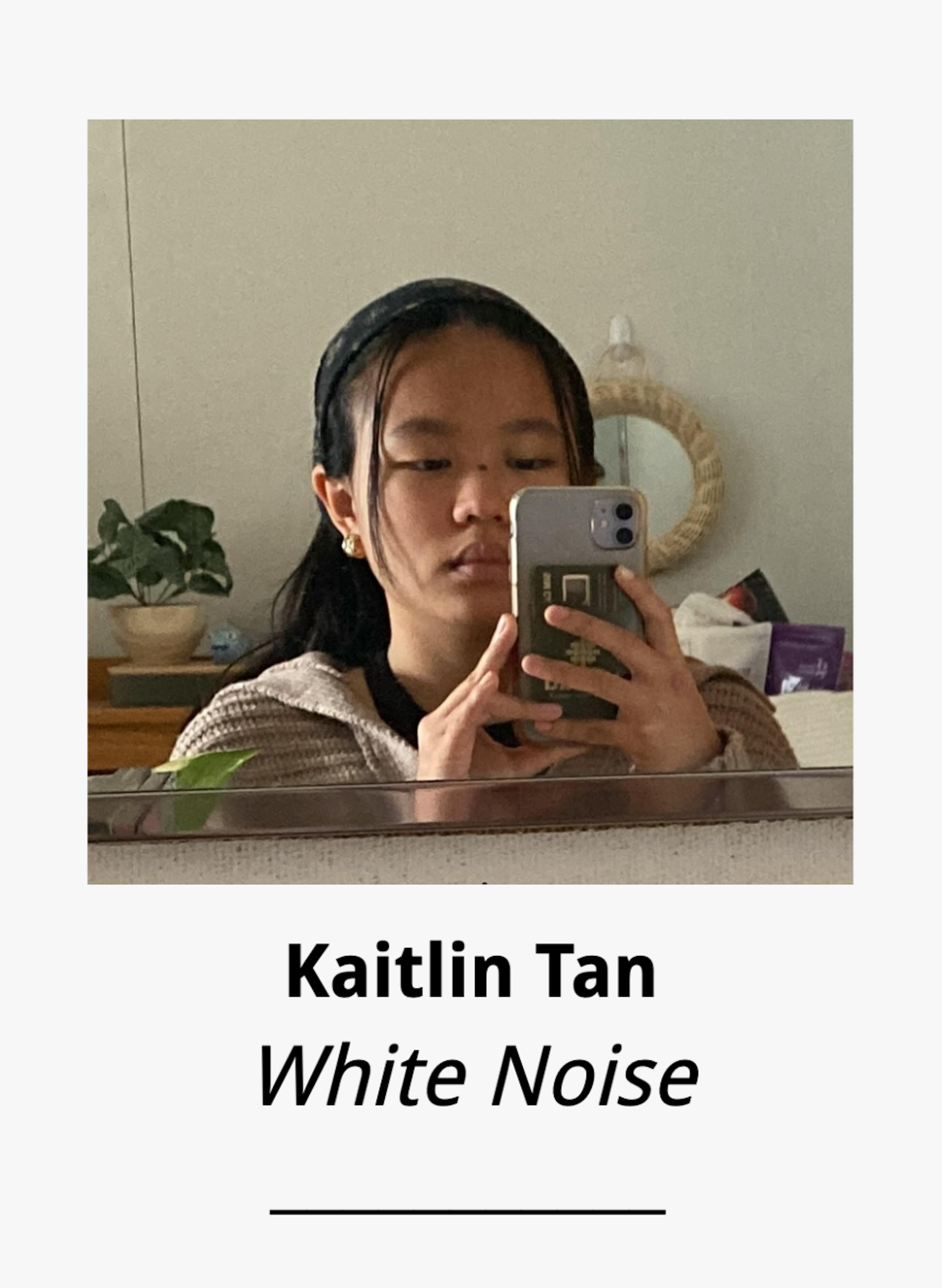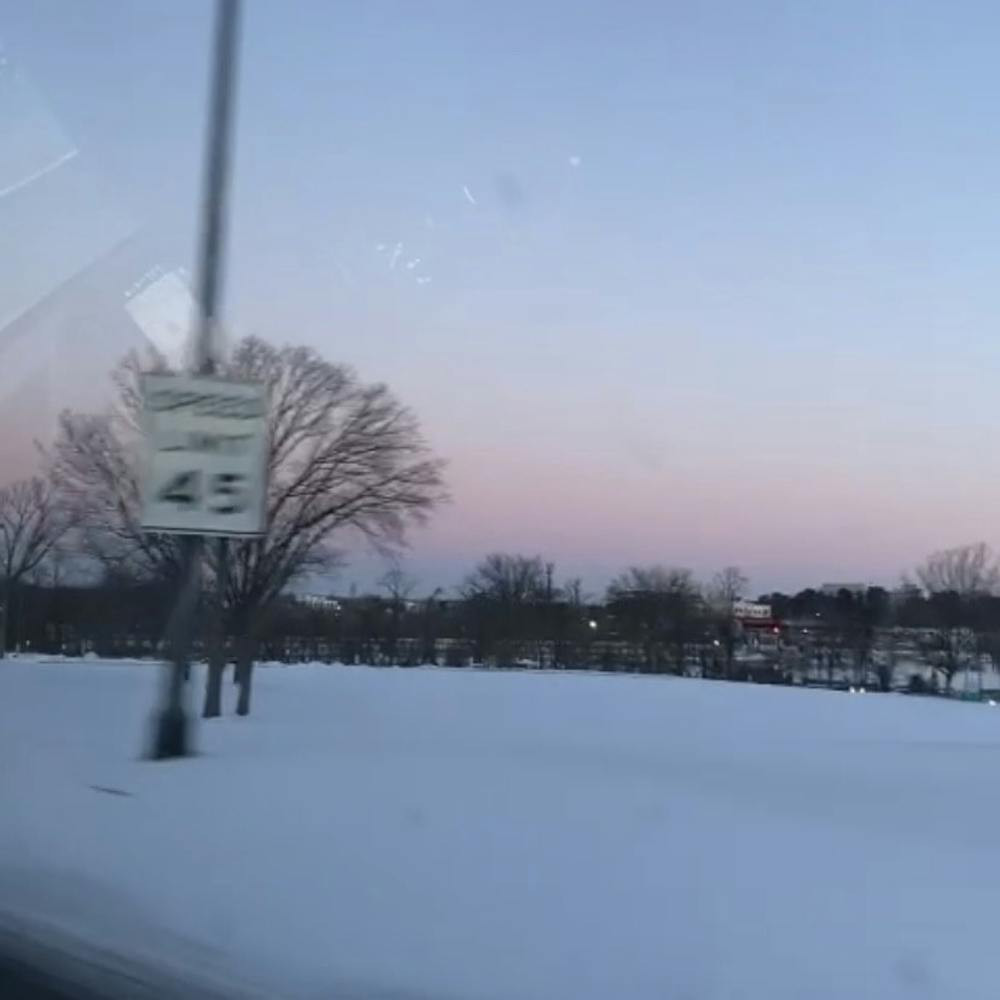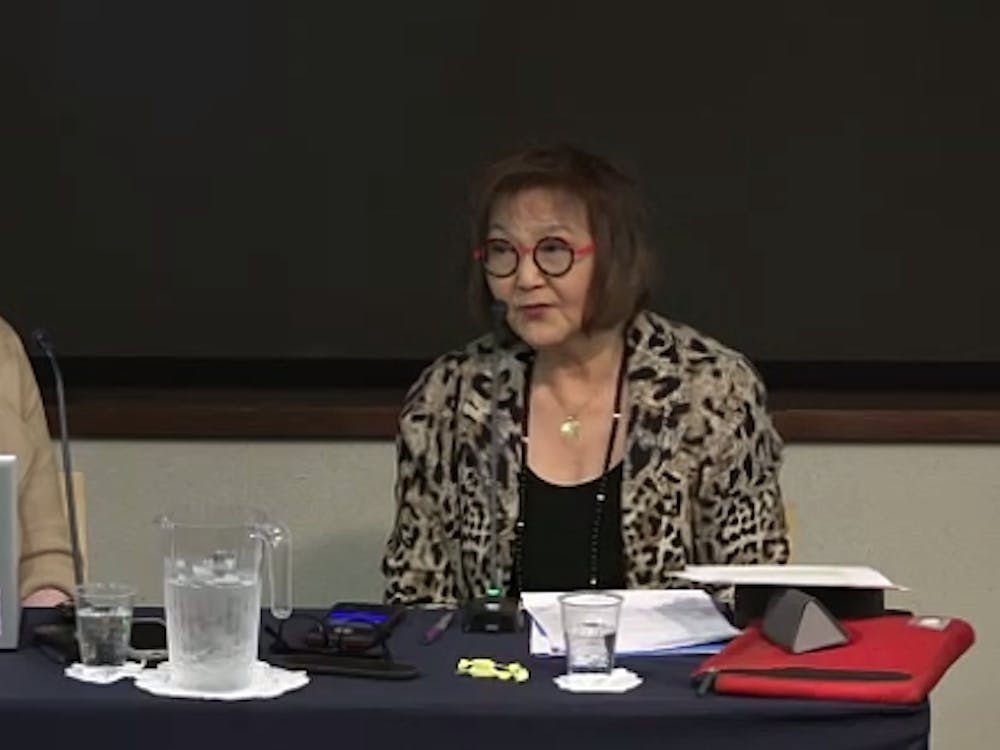
There was a window nook in my bedroom growing up, a cold ledge about a meter wide. I filled it with pillows and a throw blanket. For months in high school, I’d wake up early just to sit there before school, reading by lamplight for a dim hour, then watching the sun leak into the sky with my forehead against the glass. I’d play music, quiet enough not to wake anybody. I’d listen to the building’s pipes and watch the street lamps blink off. Sometimes, I’d make myself a cup of tea.
There was something peaceful about being awake when no one else was. Time seemed vast, unconstrained and unspecified. The air thrummed with possibility, a feeling like everything was opening up and endings didn’t yet have to be conceivable things.
In my dorm room, my bed is pushed against a window. The edge against the wall is where I keep my pillows and a reading lamp. It has a feeling similar to that window nook in my childhood home, now a house that I haven’t stepped in for four years. There isn’t a ton physically tangible to the similarity.
In my dorm, the view outside is closer to the street — and the streets themselves are entirely different, not the narrow, busy roads of a city barely visible through smog, but orderly gray lines bordered by trees and brick buildings. Here, it would be difficult for time to feel as endless as it used to, but this corner does allow it to seem softer, like mellow waters instead of a tide that’s pushing me forward. In this corner, I feel closest to the air, all those years ago, that turned icy so high up — the early wind that would waft in through the window above my ledge and make my sheer curtains billow.
I take note of this because the past has interesting ways of showing up in the present. On my ride back to campus from the airport, I passed vast hills shrouded in snow. It all melted in my vision into a blur of white, scattered skeletal trees and the backdrop of another dawn. I’d only seen snow a handful of times before, so the experience felt like something utterly unique. Despite this, there was something buried within the scene that I recognized. It felt like pressing my face to the glass when I was fifteen to look at the clouds. It had the same quiet as waking up early enough that it was still dark.
Even though I’d liked keeping the habit back then, I didn’t enjoy waking up so early every single time that I did. Sometimes, my limbs would feel especially achy with sleep and my mind would reel at the thought of churning, still caught in a midnight delirium. It would feel like I was preparing for an early morning flight. Somehow, on the drive back to campus, those bridges of meaning collapsed. Seeing the snow felt like being up too early, being awake on my own, and getting ready to be somewhere I’d been meaning to go — which I guess was all true enough.
Maybe there are certain ways we have of seeing the world that make certain experiences and thoughts primed for repetition. Or maybe there are certain chains of events that our natural inclinations make more probable. I’m participating in a study right now that asks me each night to rank my day on a scale of how beautiful it’s been. I’ve never before consciously thought of days in terms of their beauty. Filling out this questionnaire by the glow of my screen at night, seated in my new nook, I’ve noticed that the word means something different to me each day, but while a lot changes, a lot stays the same.
Kaitlin Tan is a sophomore from Macao majoring in Writing Seminars and Cognitive Science. In her column, she tries to parse through the everyday static to find something substantial to hold onto.





